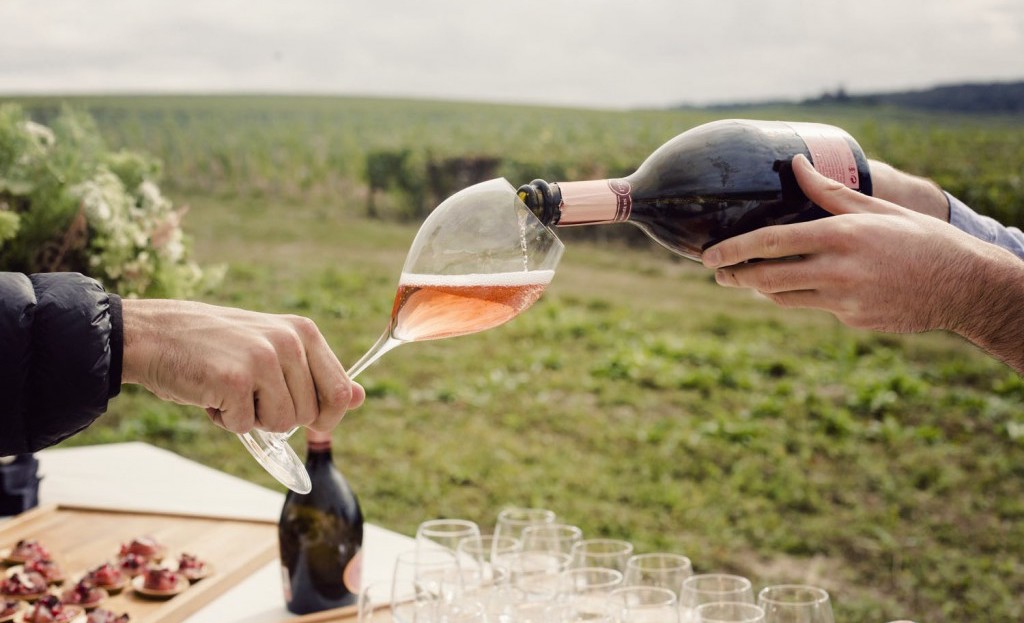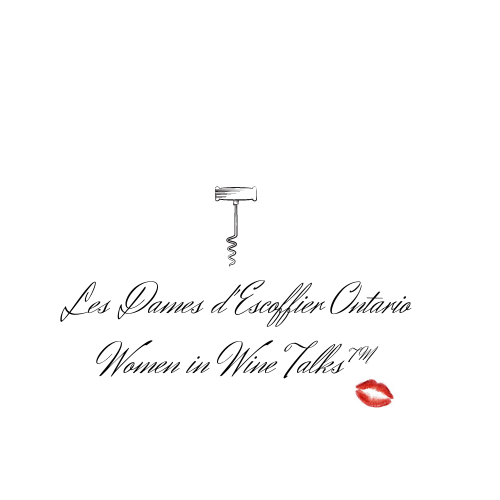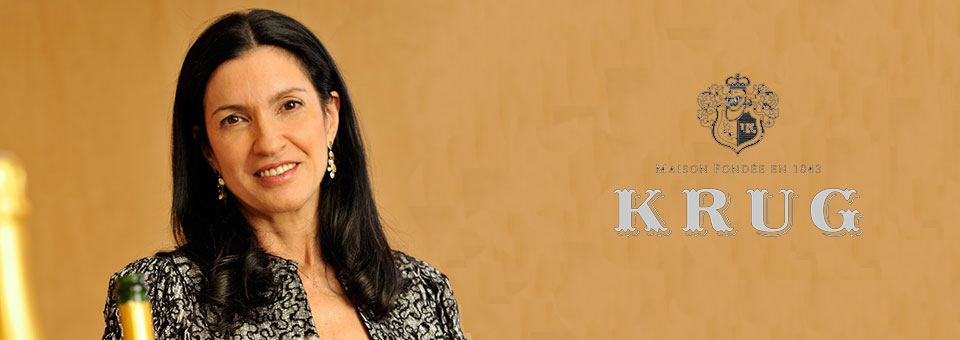Attracting tourists post-Covid is undoubtedly a challenge. The Greater Reims Council has launched a new initiative called “Champagne, to make your summer awesome!” Visitors to the city will be treated to a bottle of grower Champagne. The greeting has an undeniably elegant touch, though there are some strings attached.
A total of 3,000 bottles, sourced from 68 different producers, will be given (one/adult) to those who qualify. The giveaway is said to have cost €50,000.
This initiative was launched July 15 and is subject to certain criteria. To qualify, tourists must spend at least two consecutive nights in the City of Reims, or the surrounding area, and stay in a hotel, guesthouse or gîte. Airbnb does not qualify. Also, during their trip, visitors must eat in a local restaurant and order at least one dish and drink. Fast food outlets are excluded from the list. Finally, in order to qualify, tourists must provide proof that they have paid for one leisure activity, such as renting a kayak, a winery visit, bike hire, or cinema ticket. Once they have paid for these holiday treats, visitors are required to go to the Reims tourist information office to receive their complimentary bottle.
This follows news of poor sales of Champagne during the Covid-19 pandemic. Industry body Comité Champagne said that sales were down 32% for the period January to May compared to the same period in 2019.





